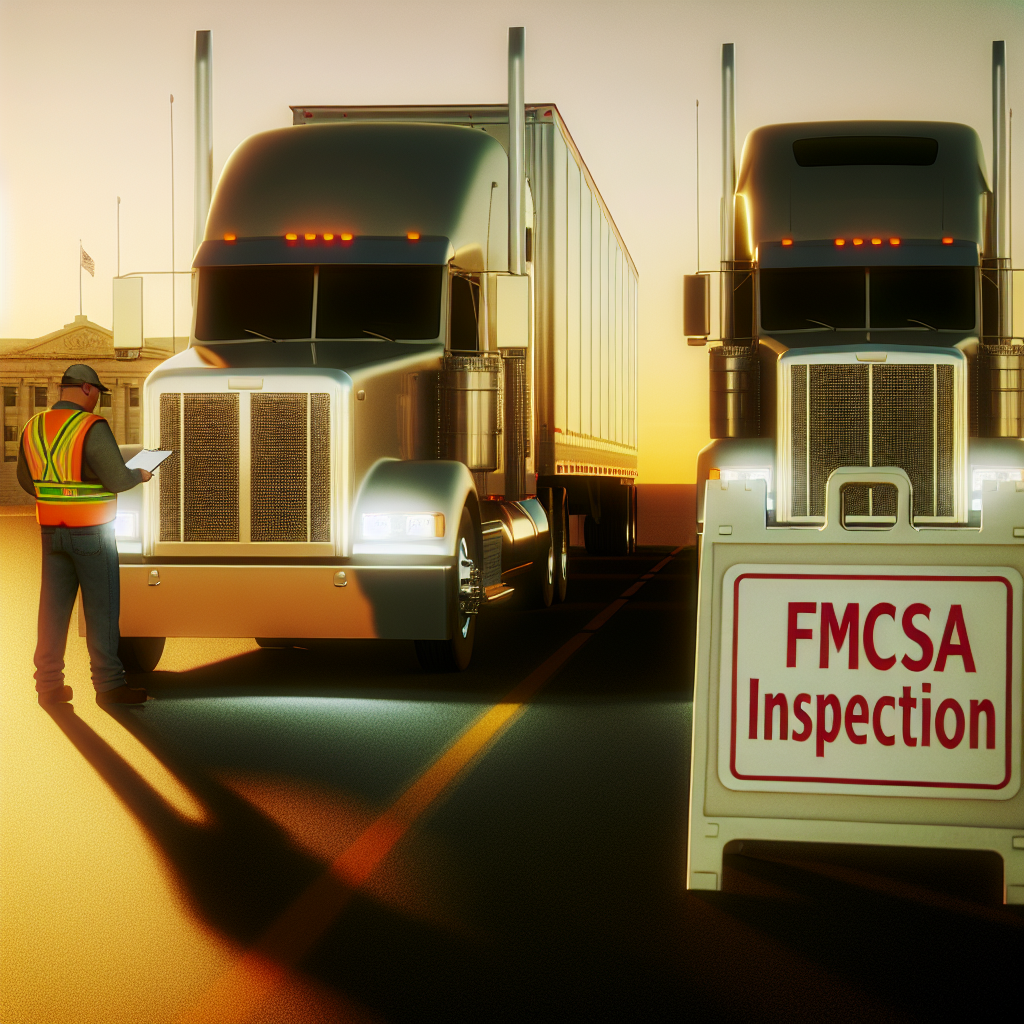The U.S. Senate on Oct. 3 approved Derek Barrs to serve as administrator of the Federal Motor Carrier Safety Administration, giving the trucking regulator a permanent leader for the first time since Robin Hutcheson’s departure early last year. The confirmation came as part of a day of rapid floor action in which senators authorized en bloc consideration of dozens of nominees and advanced them despite the ongoing shutdown fight on Capitol Hill.
Procedurally, Barrs’ confirmation moved under S.Res. 412, the mechanism senators used to package nominations together. That resolution passed 51–46 on Oct. 3, clearing the way for the FMCSA vote and other appointments to proceed in one batch. For carriers, the takeaway is straightforward: the agency now has a Senate-confirmed signature at the top to steer policy and enforcement decisions when appropriations and day-to-day operations fully resume.
Industry groups wasted little time framing expectations. American Trucking Associations said Barrs’ mandate should center on accountability in state enforcement and ensuring only qualified commercial drivers are on the road—an agenda that points to stepped‑up oversight of how states administer and police compliance. That aligns with Barrs’ résumé in Florida law enforcement and his long ties to the Commercial Vehicle Safety Alliance.
The Truckload Carriers Association likewise welcomed the Senate’s decision, emphasizing Barrs’ track record of collaborating with law enforcement and his familiarity with carrier operations. Taken together, the early reaction suggests a near-term focus on practical enforcement and fraud deterrence, rather than new, one‑size‑fits‑all mandates. Carriers should expect tighter scrutiny of bad actors and renewed attention to driver vetting and compliance consistency across states.
Context matters here. Transport Topics noted the confirmation landed while the government remained partially shuttered, and FleetOwner reported Barrs was part of a larger, fast‑tracked tranche of appointments. That dynamic—resolving leadership gaps even as funding talks linger—means FMCSA can set priorities and coordinate with the states, but some timelines (from grant cycles to technology rollouts) could depend on when normal appropriations resume.
For fleets and operators, the practical implications are immediate: a confirmed administrator can make faster calls on enforcement guidance, data and registration integrity, and coordination with state partners that conduct roadside inspections. It also gives carriers a clearer line of accountability for issues such as credential fraud, identity verification and compliance disparities—areas both industry and enforcement stakeholders have flagged as ripe for action.
Barrs’ confirmation also closes a long chapter of interim leadership. Trade outlets covering the vote underscored that he’s the first permanent FMCSA chief in an extended period, restoring continuity at an agency central to safety, freight fluidity and driver oversight. That stability should help FMCSA move decisions across the finish line—and give the industry a steadier counterpart for shaping rules and enforcement priorities in the months ahead.
Sources: FreightWaves, Transport Topics, Overdrive, FleetOwner, American Trucking Associations, U.S. Senate Democratic Caucus, Congress.gov, The Trucker
This article was prepared exclusively for TruckStopInsider.com. Republishing is permitted only with proper credit and a link back to the original source.





